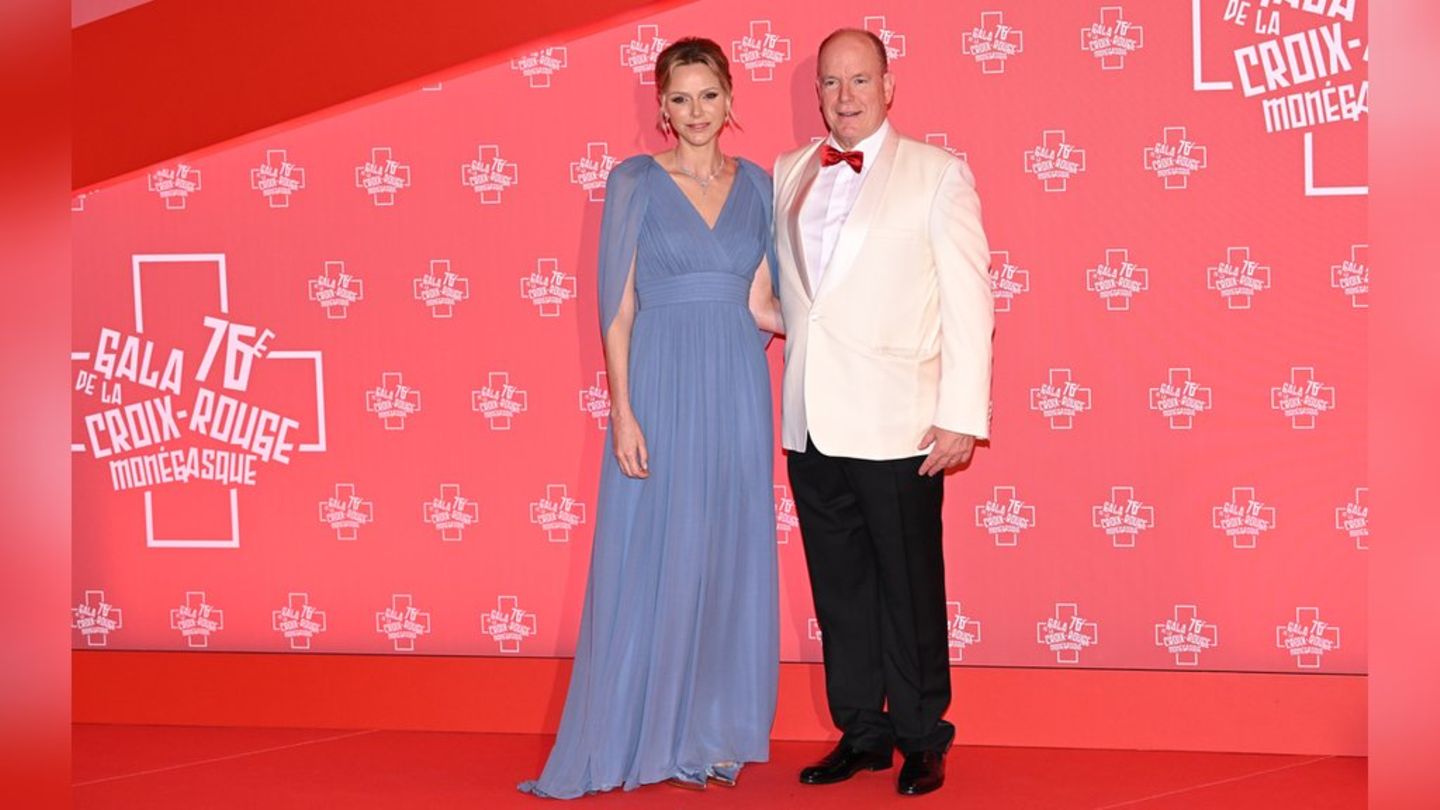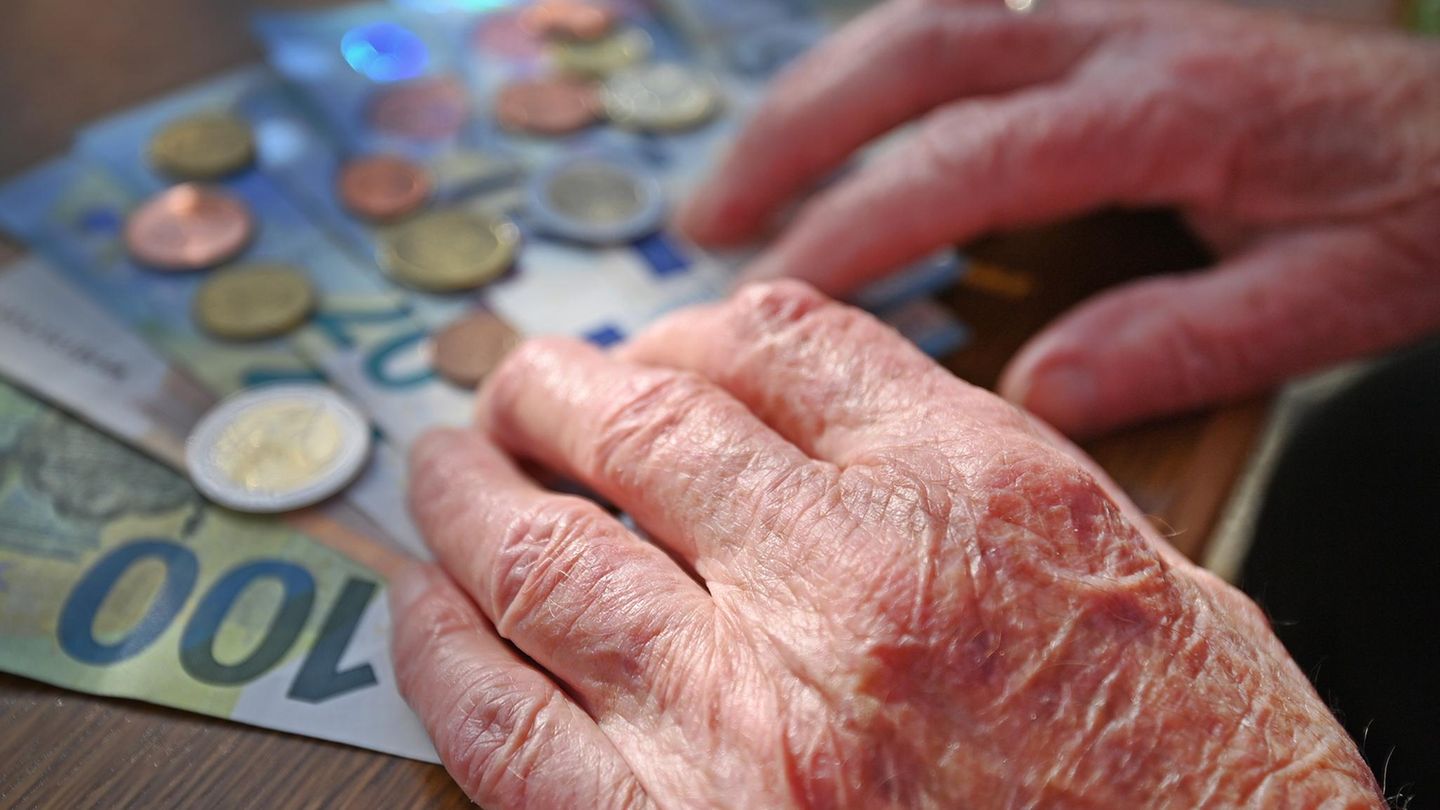Improving the state of the world – that is the aim of the World Economic Forum in Davos. Wars, crises and AI moved the WEF this year. What is the conclusion?
The World Economic Forum is considered the meeting of the world’s political-economic elite – and is always a seismograph for the state of the world. This year it was announced as a geopolitical crisis forum: founder Klaus Schwab brought top-class guests from the hot war regions to the snowy Swiss mountains.
It is hardly the power center that the World Economic Forum once wanted to be. But the meeting is a kind of round table of the world. Exchange is important, even if it does not immediately change the world situation.
One conclusion this year can be: Peace efforts are having a difficult time. And many people are tired of crises. It was not Israel’s President Izchak Herzog who filled the large hall in the Davos Congress Center. Instead, WEF participants lined up for ChatGPT developer Sam Altman and his visions of artificial intelligence.
So what made WEF 2024 tick? Five selected key phrases:
“At some point Russia will understand that they are paying too high a price.” (NATO Secretary General Jens Stoltenberg)
The appearance of Ukrainian President Volodymyr Zelensky received a lot of attention – this is important for Ukraine. Because the West’s support for the country attacked by Russia could crumble. It was under this impression that Zelenskyj traveled to talk to politicians and entrepreneurs. “Putin is a predator who is not satisfied with frozen products,” he said. This reaction to calls for a “freeze” of the war will be remembered.
It remains to be seen whether Zelenskyj will bring home tangible results. One of the Ukrainian side’s hopes was dashed: According to consistent reports, there was no meeting with China’s Prime Minister Li Qiang. Ukraine has long hoped to get China on its side in the fight against Russia. But China was also not at the table at an international meeting on Zelensky’s ten-point peace plan.
“The Israelis have lost confidence in the peace processes because they could see that terror was being glorified by our neighbors.” (Israel’s President Izchak Herzog)
The WEF’s claim to save the world was never to be understood entirely literally. Nevertheless, some hoped that the Middle East powder keg could be calmed down somewhat in Davos. Almost all of the powers involved had senior staff on site: Israel, Iran, Iraq, Pakistan and the Gulf States. There was probably no handshake. What made people sit up and take notice was when Saudi Foreign Minister Faisal bin Farhan held out the prospect of recognizing Israel if the Palestinians got their own state.
In Herzog’s view, countries that call for a two-state solution must first clarify how Israel’s security can be guaranteed. At the moment there is little willingness to think about a peace agreement. Another striking sentence from Herzog: “There is an evil empire that emanates from Tehran.” The WEF audience reacted rather cautiously: Solidarity with Israel is more complicated than support for Ukraine given the humanitarian situation.
“The state is not the solution, the state is the problem.” (Argentina’s President Javier Milei)
The WEF is known for welcoming even controversial guests in a friendly manner. This included Iranian Foreign Minister Hussein Amirabdollahian, who described Hamas, which the EU has classified as a terrorist group, as a freedom movement. The political-economic elite followed the appearance of the new, ultra-liberal Argentine President Javier Milei with particular excitement.
He gave a fiery speech for capitalism – which actually opened the door for the globalization supporters and economic liberalists at the WEF. But some business people couldn’t help but smile at calls like: “Don’t let yourself be intimidated, neither by the political class nor by the parasites who live off the state.”
“Human-level artificial intelligence is not just around the corner.” (Meta’s lead AI scientist, Yann LeCun)
Anyone who only looks at crises will eventually overlook progress, said Bill Gates to “Wirtschaftswoche”. If you believe the WEF, progress particularly means artificial intelligence. No other term was mentioned as frequently, and hardly any speaker was more in demand than Altman from the ChatGPT company OpenAI. The AI industry tried to leave a positive image – even if the WEF had warned of disinformation in the super election year of 2024.
Meta-scientist Yann LeCun tried to reassure AI that is still years, if not decades, away from the intelligence of a human being. If you want to use such comparisons, then AI can currently do less than a cat. Altman described a system “that is sometimes right, sometimes creative, but often completely wrong.”
“Germany is a tired man after a short night.” (Finance Minister Christian Lindner)
The year 2023 presented challenges for the global economy: inflation, interest rate hikes, supply chain problems, a housing crisis in China and growing tensions between Washington and Beijing. Many countries expect an initial slight recovery in 2024. Davos was characterized by optimism – if you don’t look at Germany.
The German economy has become Europe’s worst performer. Nothing will change if Finance Minister Christian Lindner attests to its resilience. Germany is not the sick man of Europe, but rather tired after a long night. The poor growth forecasts are a wake-up call. “And now we’ll drink a good cup of coffee, which means structural reforms, and then we’ll be economically successful again,” promised Lindner. Europe, concerned about its growth engine, would be pleased.
Source: Stern




